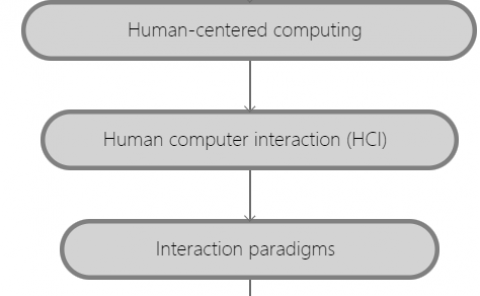Affective Embodiment: Embodying emotions through postural representation in VR
PubDate: May 2020
Teams: Cornell University
Writers: Swati Pandita; Jessica Yee; Andrea Stevenson Won
PDF: Affective Embodiment: Embodying emotions through postural representation in VR

Abstract
The Proteus effect suggests that users try to behave according to the perceived identity of their avatar. However, what happens when the way an avatar moves communicates an emotional state? Transforming movement is a unique quality of VR, allowing avatars to represent user behavior in a novel way. We conducted a within-subjects study to investigate the potential of transformed embodied experiences on users’ emotional states. We assigned participants to embody three generic avatars that moved in ways that evoked positive and negative emotional states. Each avatar followed the participant’s tracked movements, but these movements were transformed to present exaggeratedly open, closed or neutral postures. Participants self-reported Positive and Negative Affect, embodiment, and Beck Depression Inventory scores. We discuss the relationship between the avatar postures and participants’ self-reports, along with the clinical implications of experiencing a transformed virtual body.



